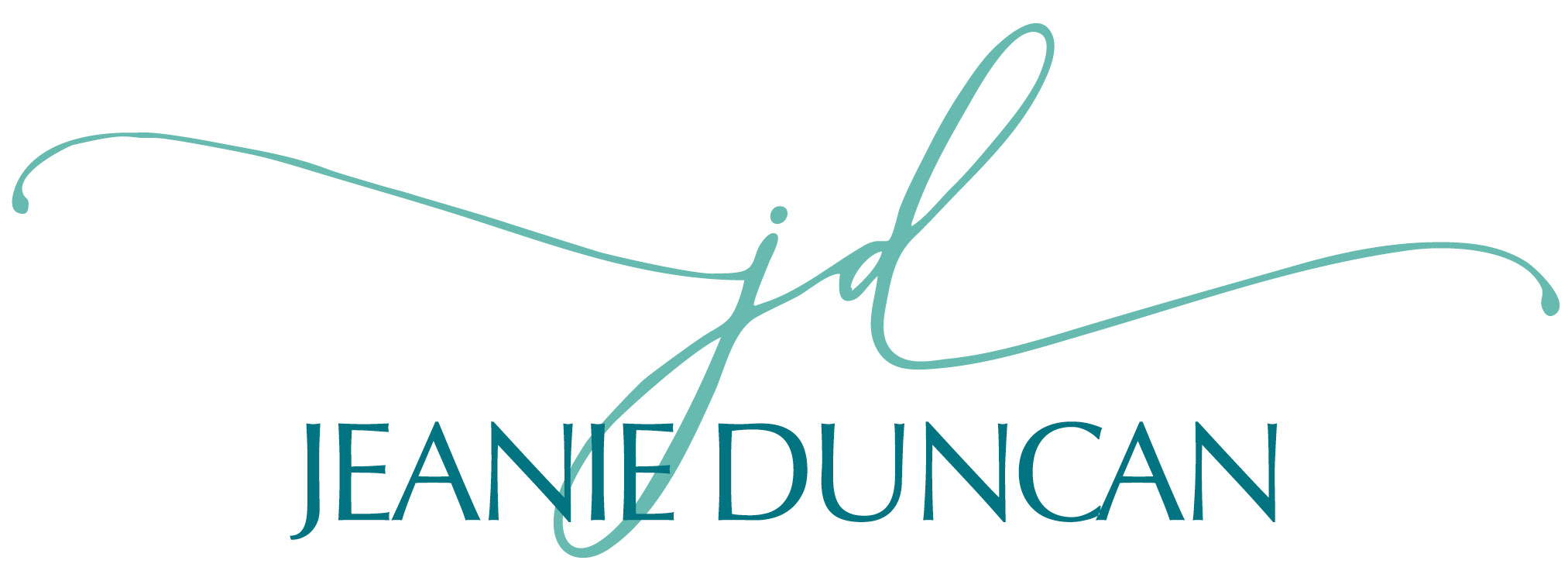
Nov 10, 2012 | Creativity, Management
 About a month ago, I started putting an appointment on my calendar each week called “Time to Think.” Don’t laugh. Stay with me for three minutes…
About a month ago, I started putting an appointment on my calendar each week called “Time to Think.” Don’t laugh. Stay with me for three minutes…
When do you make time to just think? Devoting dedicated, uninterrupted time to think about your business strategy, debrief learnings about a recent project, or assess progress and refine your plans? Maybe you can relate – I get so wrapped up in my day-to-day and the “doing” of my work, that time to plan and strategize often gets pushed aside.
So I decided to make a weekly two-hour appointment to reflect over the last week and look ahead to the next. I ask myself a series of questions, like: What went well? What can I leverage to produce even greater results? What didn’t go well, and why? What brought me the most joy in my work? And on the contrary, what gave me the biggest headache?
In just four weeks, this “thinking” appointment actually seems to expand time. I thought it would be so hard to dedicate the time and stick with it. I was sure that client projects and priorities would override this new commitment and I’d fall off. And that the anticipated benefit would turn out to be fluff. Not true! I’ve experienced immediate, powerful benefits.
– Before, I never stopped to examine all that I actually accomplish in a week. Probably like you, I move quickly from one thing to the next, and it all blends together. This new commitment has taught me that taking the time to reflect (and also to celebrate the “wins”) is meaningful and has a direct, positive impact on my business and on me personally.
– By simply paying attention, I’m noticing things and becoming more efficient. I’ve outsourced or eliminated tasks and changed the way I prioritize and invest in what matters most. Its as if I have more time and other resources.
– It reminds me that I have the power to choose…to create the life I most want to live. I firmly believe that we create that to which we give thought.
– In my work, I love innovation – experimenting and trying new things, then observing its affect. In doing so, it’s beneficial to reflect on what worked and what didn’t and use those findings to inform future action.
I agree that this isn’t some wild, new idea. But for me, this simple action is yielding some very meaningful results. Give it a try and see what happens. I think it might surprise you!

Nov 14, 2011 | Leadership

I’ve been thinking a lot about powerful questions lately. And how the potency lies in their simplicity and delivery.
In coaching, the power of a direct, concise, well-timed question evokes reflection and propels a client toward self-discovery and transformation. You know you’ve ‘got one’ when a coachee’s reaction goes something like this: “Wow. That’s a great question. Let me think about it for a minute.” Or, “Well, I never thought about it quite like that before…” Powerful questions halt you in your tracks and even make you uncomfortable. Your head tilts. Eyes squint. You grow quiet, contemplative.
In my experiences working with organizations, I’m reminded of a time when a particularly insightful and courageous individual asked precisely the right questions, spurring actions that changed an entire course (though in the moment they seemed unrelentingly stubborn and persistent).
In this particular case, I was working for the United Arts Council of Greater Greensboro. We were holding our monthly board meeting and reporting on financial results of a recent special event. These disappointing results, paired with other line-item budget-to-actual revenue shortfalls, painted a picture of concern. A financially savvy board member began firing a series of powerful questions, probing into current and prior year financial data.
Following this meeting and subsequent analysis, we began a review that ultimately revealed significant, cumulative direct and indirect revenue loss related to our events and also to other business functions that had failed to meet projections. Individually, each issue alone had quietly gone unnoticed or was of minor concern, but together the problems were steadily building. During the examination some reasoned, too, that we were distracted from a lack of focus.
I recall the general initial reaction to this individual’s inquiry as that of frustration, defense, and a sense of vulnerability – though over time, it evolved to one of gratitude. That day, the board member began to pull a thread that ultimately unraveled a series of issues that received immediate, priority attention, and we began crafting a strategy that changed our overall scope of work and the way we did business. All because one individual saw what others didn’t, or were afraid to question.
I’ve learned a lot from this and other experiences where I’ve witnessed powerful questions in action.
– Don’t be afraid to question. Chances are if you have a particular question, others probably have it too.
– Ask with a spirit of curiosity and sincerity. Great questions are selfless, not asked to illustrate the cleverness of the questioner, and are supportive, insightful, and challenging.
– Think before you ask. What do you want your question to accomplish? Intentionally frame your question so that you encourage collaborative thinking and cannot be perceived as threatening.
– Be succinct and direct. The powerful question is powerful because it cuts through to the heart of the issue. Short is good.
– Allow silence to do its work. Ask, then be quiet and wait. Pay attention to the impact of the questions you ask.

 About a month ago, I started putting an appointment on my calendar each week called “Time to Think.” Don’t laugh. Stay with me for three minutes…
About a month ago, I started putting an appointment on my calendar each week called “Time to Think.” Don’t laugh. Stay with me for three minutes…


Recent Comments